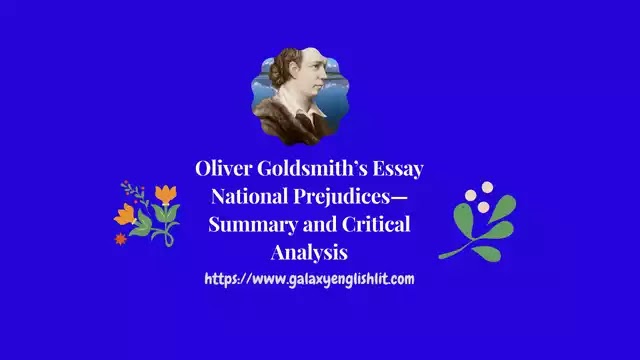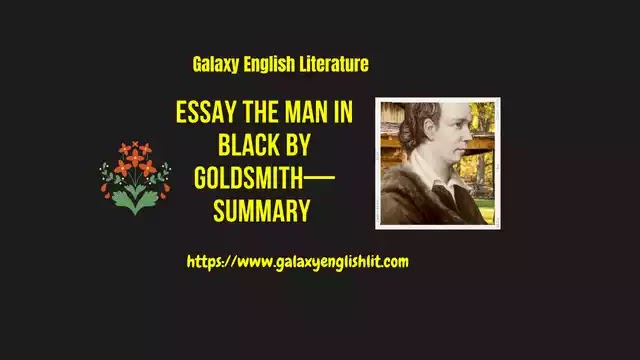Introduction:
Whenever Jane Austen's characters deviate from the standard code, they become butts of ridicule. The incongruities and inconsistencies of human behaviour are the subject matter of Pride and Prejudice. But Jane Austen's humour is never cynical. She observes these human absurdities as a pleasant, ridiculous aspect of life which are not seriously harmful. In Pride and Prejudice Elizabeth tells Darcy, “….. Follies and nonsense, whims and inconsistencies to divert me. I own, and I laugh at them whenever I can.”
 |
| Discuss Pride and Prejudice As A Social Comedy of Manners |
Humour in Pride and Prejudice:
Lydia excites laughter by flippant and reckless behaviour. Mary makes us laugh because of her high flowing pedantic speeches in the wrong context. Darcy is absurd in his pride and Elizabeth in her prejudice. Miss Bingley is absurd in doting upon Darcy, in agreeing with all his opinions, laughing when he does and feeling sad when he is sad. Charlotte Lucas is absurd in her choice of a husband. Jane is absurd in her judgment and Bingley in his simple - mindedness.
Mrs. Bennet's Providing Much Amusement:
Mrs. Bennet is absurd in more than one thing and provides much amusement. The innumerable complaints about the entail of the Longbourn estate, unending boasting to establish her social position, the protestations to her husband about her nervous breakdown and the vulgarity which goes into supporting the actions of her junior daughters, all go to prove the follies and absurdities of her character .
Mr. Collins, A Comic Fool:
The pompous ways of Collins are particularly laughable. He has the knack of overdoing everything be it flattery, courtesy or humility. The scene in which he proposes to Elizabeth is one of the greatest comic scenes of the novel. His reasons for marrying are absurd; so is cocksureness that he will be accepted. He interprets Elizabeth's rejection as encouragement, which exasperates Elizabeth but amuses the readers. The exchange of congratulations between Mr. Bennet and Mr. Collins is particularly, amusing.
Humour in the Incidents:
There is humour too in the incidents of the novel. When Miss de Bourgh drove past the vicarage, Sir William Lucas, “to Elizabeth's high diversion, was stationed in the door - way, in earnest contemplation of the greatness before him, and constantly bowing whenever Miss de Bourgh looked that way.”
Bright and Sparkling Language:
Mr. Bennet's wit and sarcastic humour are particularly comic. When he is told of Elizabeth's refusal of Mr. Collin's proposal, he says “An unhappy alternative is before you, Elizabeth from this day you must be a stranger to one of your parents. Your mother will never see you again if you do not marry Mr. Collins and I will not see you again if you do.”
Humour Rising from the Use of Irony:
Irony being an instrument of revealing the difference between appearance and reality is always a source of amusement. The very first sentence is tinged with humour and inverted irony: “It is truth universally acknowledged, that a single man in possession of a good fortune must be in want of a wife.” It is amusing to see Caroline Bingley frustrating her own chances by maligning Elizabeth in Darcy's eyes or Lady Catherine expediting their marriage by trying to prevent it.
Pride and Prejudice as a Serious Comedy:
Pride and Prejudice is a serious comedy. The incidents, situations, dialogues and characters imply something beyond what they mean. It is true that the moral in her novels is unobtrusive, there is no obvious didacticism, but no discerning reader can miss the ethical strain in her works.
Moral Interpretation:
Pride and Prejudice portrays the dangers of excessive pride and blind prejudice. All the amusing incidents in the novel also admit to a moral interpretation. Mr. Bennet's wit exhibits a lack of moral responsibility towards his family. The Collins - Charlotte marriage based only on economics and prudence and the Lydia Wickham marriage based merely on passion , serve to highlight by contrast the propriety of Elizabeth's marriage with Darcy based on true and understanding . This points to Jane Austen's ethical view of love and marriage.
In Pride and Prejudice, Lady Catherine's snobbery is ridiculed, Mr. Collins pretentiousness is mocked at, Caroline Bingley's duplicity is censured ; Wickham's cunning is condemned ; even Darcy's pride and Elizabeth's prejudice are made fun of . On the other hand, Jane's sincerity, Darcy's magnanimity and true nobleness, Elizabeth's restraint and the Gardiner's refinement are held up for approval by Jane Austen . Thus it is possible to derive a set of moral virtues which Jane Austen thinks are worthy of being cultivated.





